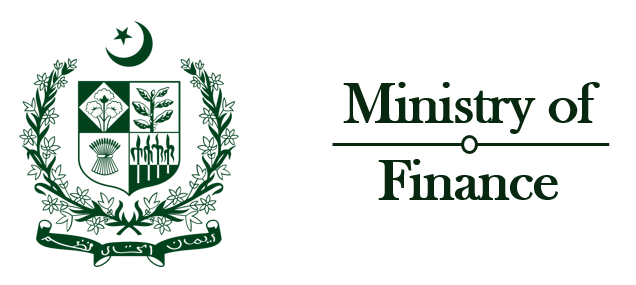The Ministry of Finance withheld information on the privatisation status of 45 state-owned entities, despite Prime Minister Shehbaz Sharif’s directive for maximum transparency in privatisation matters.
As per a news report, four different ministries sought decisions from the Cabinet Committee on State-Owned Enterprises (CCoSOEs) regarding whether to privatise, retain, or restructure nearly 45 entities. These include some of Pakistan’s most profitable and highest loss-making entities.
Finance Minister Muhammad Aurangzeb chaired the CCoSOEs meeting, which decided that the majority of these entities would be privatised. However, the Ministry of Finance released a brief statement on Thursday without detailing the entities or decisions made.
“The Cabinet Committee approved the summaries presented by the Power Division, Ministry of Industries & Production, and the Ministry of Overseas Pakistanis & Human Resource Development, while the agenda of the Petroleum Division was deferred for further deliberations,” according to the finance ministry.
Among the 45 entities are the highly profitable Oil and Gas Development Company, which made Rs225 billion in profits, and the loss-making Quetta Electric Supply Company, which incurred over Rs88 billion in losses.
Power Division sources indicated that 25 entities under its administrative control were presented to the committee. The Power Division proposed privatising 13 entities in the distribution and generation sectors, but the committee decided to privatise nearly 16, with two first undergoing restructuring.
The committee approved the privatisation of FESCO, GEPCO, HESCO, IESCO, LESCO, MEPCO, PESCO, and HAZECO, as well as Jamshoro Power Company Limited (Genco-I), Central Power Generation Company Limited (Genco-II), Northern Power Generation Company Limited (Genco-III), and Lakhra Power Generation (Genco-IV). It also decided that QESCO and TESCO should be restructured with an aim to privatise.
In previous meetings, the CCoSOEs recommended liquidating three out of 14 entities debated. The committee decided that the Export Processing Zone Authority’s (EPZA) regulatory functions be retained by the government while its development function should be separated.
It was also decided to reconstitute the board of the Small and Medium Enterprises Development Authority (SMEDA) by separating the chairman and chief executive positions.
The Petroleum Division presented cases of 13 SOEs, most of them profitable, and proposed privatising the majority. The committee approved privatising Saindak Metals Limited (SML) and Pakistan Mineral Development Corporation (PMDC). Some entities will be discussed again in the presence of the petroleum minister.
The Petroleum Division also proposed privatising Pakistan State Oil while retaining Sui Northern Gas Pipelines Limited and privatising Sui Southern Gas Company Limited. It suggested offloading the government’s 60% share in Pak-Arab Refinery Limited, subject to Abu Dhabi Petroleum Investment Company’s consent.
The Petroleum Division recommended privatising the State Petroleum Refining and Petrochemical Corporation. The Oil and Gas Development Company Limited (OGDCL), Government Holding Pvt Limited, InterGas Services Limited, and Pakistan Petroleum Limited are placed under the Sovereign Wealth Fund.
The Ministry of Overseas Pakistanis owns three entities—the Overseas Employment Corporation, the Overseas Pakistanis Foundation, and the Pakistan Real Estate Investment Management Company (PRIMACO). The committee suggested these functions could be performed by the private sector, but the ministry recommended retaining all three entities in the public sector.




